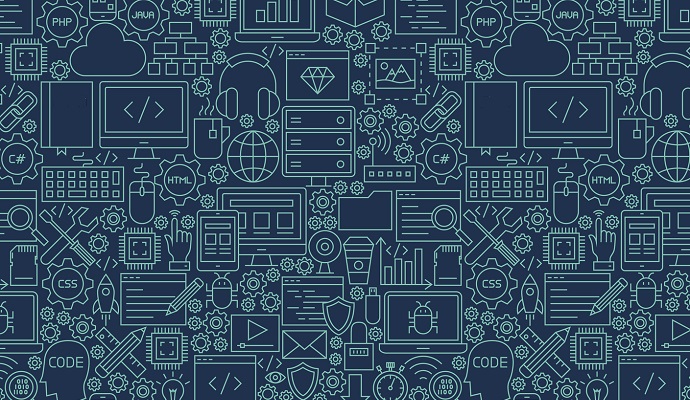Data Analytics, Artificial Intelligence Lower Hospital Infections
By switching to a data analytics and AI-powered hygiene monitoring system, Novant Health decreased its number of hospital-acquired infections.

Source: Getty Images
- As the COVID-19 pandemic continues to spread worldwide, hospitals are searching for ways to keep their patients safe from potential hospital-acquired infections. Different methods have included hygiene monitoring, data analytics, and artificial intelligence technology.
According to Chief Medical and Scientific Officer for Novant Health, Eric Eskioglu, MD, about 1.7 million hospital-acquired infections (HAIs) occur each year. Additionally, around a hundred thousand of those result in death. One way to tackle this problem is through hand hygiene monitoring.
While Novant had the goal of bringing their rate of HAIs down to zero, with the COVID-19 pandemic, the team tried to accelerate the process. “The way most hospitals do hand hygiene monitoring is somebody has to stand behind you and observe you wash your hands and grade you,” Eskioglu told HealthITAnlaytics.
However, Eskioglu explained that the system of hygiene monitoring was not effective in the time of COVID-19. While the hospital was already short-staffed, it was inefficient to pull staff members away from their work so they could watch other nurses and physicians wash their hands. With artificial intelligence technology, Novant partnered up with SwipeSense.
“We started this partnership back in 2018 with Matthews Medical Center, which is a 150-bed hospital. We did a test trial. We had selected SwipeSense out of a couple of other companies. We were really impressed with their focus on data and analytics and how they could automate things that are archaic in healthcare,” Eskioglu said.
SwipeSense works to provide automated electronic tracking down to the staff member to help with hand hygiene compliance. According to a SwipeSense survey, 81 percent of patients said they would feel safer in a hospital with electronic hand hygiene monitoring in place.
“It helped us during the pandemic, and it continues to help us. It not only took the burden off our nurses and physicians having to observe somebody wash their hands, but it also helped us standardize and get rid of the observer bias because each observer has a different bias. Some may watch it for 10 seconds. We want everybody to watch it for 20 seconds minimum,” Eskioglu said.
In addition to monitoring hygiene protocols, SwipeSense also uses predictive analytics to identify at-risk patients and staff as well as medical equipment that might have been in contact with an individual infected with COVID-19 or other infectious diseases.
During the pandemic, HAIs went up by 30 to 40 percent. However, at Novant Health, they saw the opposite, with their number decreasing by 30 percent. Eskioglu attributes this to the hospital’s new hygiene protocols and their use of data analytics and AI.
Eskioglu is a proponent of artificial intelligence as the future of healthcare, generating positive patient outcomes.
“A lot of people asked me, ‘Does this mean the physicians are going to be out of work?’ I said, ‘Absolutely not.’ As a matter of fact, there’s going to be more need for physicians, but it’s going to be physicians who embrace AI. Physicians will have more time to spend with the patients and their diagnosis will be much more precise and crisper,” Eskioglu explained.
According to Eskioglu, artificial intelligence can also lead to healthcare equality and better patient outcomes for all.
“I believe AI is becoming a great healthcare equalizer as long as they have the bandwidth in those technologies. We’re working with companies like AT&T and Verizon to ensure that those areas have the 5G bandwidth, but the people who live in those areas at least have access to an iPad or a small computer. We’re excited about AI creating equity in healthcare,” Eskioglu said.
